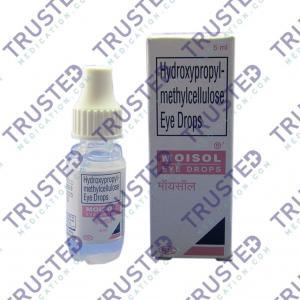
Long-term alcohol use can lead to serious health risks including addiction. Alcohol is the most commonly used worldwide and nearly 15 million people in the US suffer from alcohol use disorder. Excessive alcohol use can also alter a person’s mental well-being. Long-term use can cause permanent damage to the brain.
When you drink too much alcohol, you may cause other alcohol-related issues. It includes binge drinking a pattern that causes significant health and safety risks. Alcohol use disorder may be the result of frequently experiencing significant distress and problems in your daily life as a result of your drinking pattern.
What are the Health Risks of Long-Term Alcohol Abuse?

- Liver disease. If excessive alcohol consumption is not treated, it can increase fat in the liver, causing inflammation of the liver, which may lead to liver scarring.
- Digestive problems. Heavy drinking can result in inflammation of the stomach lining, as well as stomach and esophageal ulcers. Heavy drinking can damage your pancreas or lead to inflammation of the pancreas
- Heart problems. Excessive drinking can lead to high blood pressure and increases your risk of an enlarged heart, heart failure, or stroke.
- Diabetes complications. Alcohol interferes with the release of glucose from your liver and can increase the risk of low blood sugar.
- Sexual function and menstruation issues. Excessive drinking can cause erectile dysfunction in men. In women, it can interrupt menstruation.
- Birth defects. Alcohol use during pregnancy may cause miscarriage. The child may also have physical and developmental problems for the rest of their lives if they are born with fetal alcohol syndrome.
- Bone damage. Alcohol may interfere with the production of new bone and it can also damage bone marrow.
- Neurological complications. Besides numbness and pain in your hands and feet, excessive alcohol consumption may also cause disordered thinking, dementia, and short-term memory loss.
- Weakened immune system. You are more likely to contract various illnesses, such as pneumonia when you drink excessively.
How to Diagnose Long-Term Alcohol Use?
To diagnose alcohol use, your doctor will start to assess your symptoms and medical history. While there are no specific tests to diagnose alcohol use disorder, certain patterns of lab testing can help diagnose the condition. Your doctor may also recommend completing a psychological evaluation that includes questions about your symptoms, thoughts, feelings, and behavior patterns.
Symptoms of Long-Term Alcohol Use
- Being unable to limit your alcohol consumption. Wanting to cut down on how much you drink or making unsuccessful attempts.
- Repeatedly failing to fulfill major obligations at work, school, or home due to excessive alcohol consumption
- You continue to drink alcohol despite knowing it causes you physical, social, or interpersonal problems
- Giving up or reducing social and work activities and hobbies
- You need more alcohol for the same effects or you feel the same effects after drinking the same amount
- Feeling a strong craving or urge to drink alcohol. Experiencing withdrawal symptoms such as nausea, sweating, and shaking when you don’t drink.
Treatment for Long-Term Alcohol Use
Treatment may involve a brief intervention, individual or group counseling, and an outpatient program. Some treatments may include goal setting, behavior change techniques, use of self-help manuals, counseling, and follow-up care at a treatment center. Medications for chronic alcoholism include:









